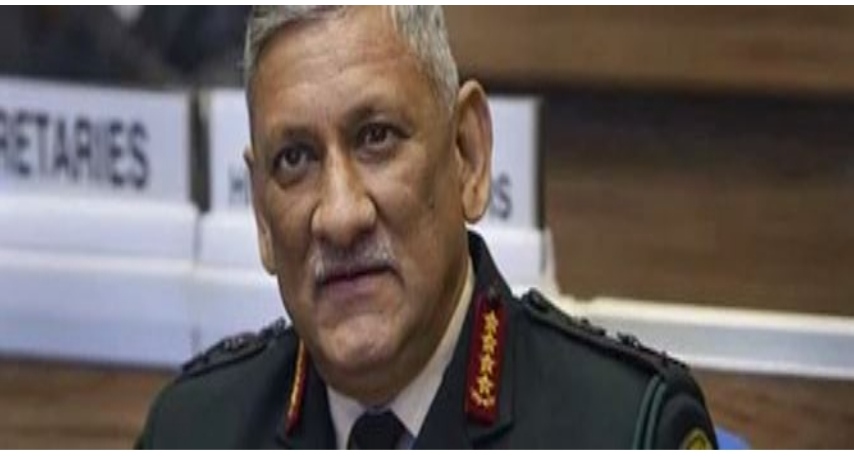Afghanistan : India Must assert itself to keep out all Rouge Players in Waiting

The process of quitting Afghanistan by American Occupation Forces had commenced quite sometime back. The US is likely to withdraw all of its remaining troops from the Occupied country by 11 September, the 20th anniversary of the 9/11 attacks, which led to their forced entry in Afghanistan in “ search for al-Qaeda chief Osama bin Laden”. Whereas this Osama Bin Laden was finally killed by the American Forces in the very heart of Pakistan.
Most analysts think that once the American exit, Pakistan will have significantly more influence over events in Afghanistan than any other country. Pakistan also thinks that by controlling Afghanistan it can effectively alleviating its strategic vulnerability of being encircled by a hostile Afghanistan to the north and a hostile India to the south.This control by Pakistan of Afghanistan will also indirectly increase Chinese influence and also potentially improve the negotiation positions of both Islamabad and Beijing vis-à-vis Washington.
However many in China are not happy with this “ peace deal “ between the Americans and the Taliban. With coming of Taliban in Afghanistan it is ikely to increase Islamic fundamentalism that will threaten internal security in China, particularly in Xinjiang. Therefore now the Chinese plan to control the Afghan affairs themselves but indirectly. Chinese are looking at the opportunity to exploit the vacuum that is being created. Afghanistan is a nation which is rich in resources which can be exploitd for the benefit of China without the benefit going to the Afghan community.
As a first step Xi Jinping’s dream project – the Belt and Road Initiative (BRI) – could well be extended into Afghanistan from inside Pakistan or directly from China itself. The project is part of Xi’s plans for massive economic heft over other countries besides deepening partnerships in security, trade, and energy that will drive China’s growth story in years to come.
Till now there has been taken Chinese investment only in Afghanistan due to intense instability and American presence. Both these aspects may suddenly change in the coming future. Afghanistan’s natural resources are estimated to be worth around $1 trillion, and Chinese companies have bagged some big contracts including “a 30-year lease to extract the second largest copper deposit in the world (valued at least $50 billion) for $3.4 billion.
With Beijing’s increasing demand for energy and natural resources, and consequent opening up of Afghanistan’s energy, mineral and raw materials to foreign investors, China has been increasing its ties with the Afghans in the past decade. The Chinese are likely to to increase their concentration in the economic investment sector.
Sometime back President Ashraf Ghani himself had said in an interview to CNN “ we have a lot of positive relationships with China and the growth of China now is going to be the factor as growth of India for regional prosperity,”
Therefore now India too must assert itself and must step in to ensure “Afghanistan is for the Afghans.” We already have invested quite a lot in Afghanistan and therefore with the pending American withdrawal, India’s strategic investment in Afghanistan cannot be turned to a largely sunk cost. A lot of key changes are taking place in the South Asian region, which has both direct and indirect bearing on not only India’s national security but also strategic interests in the long run. India, too, must barge in if required to sit at the high table in the Afghan peace process and not just watch from the sidelines.
In 2019 the present Chief of Defence Staff General Bipin Rawat, then the Army Chief while addressing the annual press conference, had said that India should engage with the Taliban in Afghanistan, and it cannot miss out “on joining the bandwagon” while countries led by the US engage with it. In fact this statement of then COAS had made some in the Ministry of External Affairs (MEA) quite upset.
Now in 2021 and India is now slowly getting involved with the Afghan peace process and as CDS Gen Rawat should be playing a crucial role in expressing India’s concern regarding the US pull out from Afghanistan.
Speaking at the Raisina Dialogue last week, he said, “We have concerns about Afghanistan. If the US feels that their withdrawal and a similar withdrawal by its NATO allies that we are hearing about is ultimately going to lead to peace and tranquillity, we would be happy to see such a situation emerging. But our concern is that the vacuum should not create space for other disruptors to step in”.
One would assume that India’s concern is Pakistan, which seeks to counter any Indian influence in Afghanistan.
From 1990s Pakustan has linked its Afghanistan relations with the Kashmir conflict. Afghanistan is perceived under the lens of strategic depth in order to prevent an encirclement by India. Former Pakistan President General Pervez Musharraf had said in 2015 that the country’s intelligence agency ISI had “cultivated” the Taliban to counter the Indians.
Therefore after the Amerucan withdrawal, a coordinated approach by Pakistan and China could heat up the situation for India.



